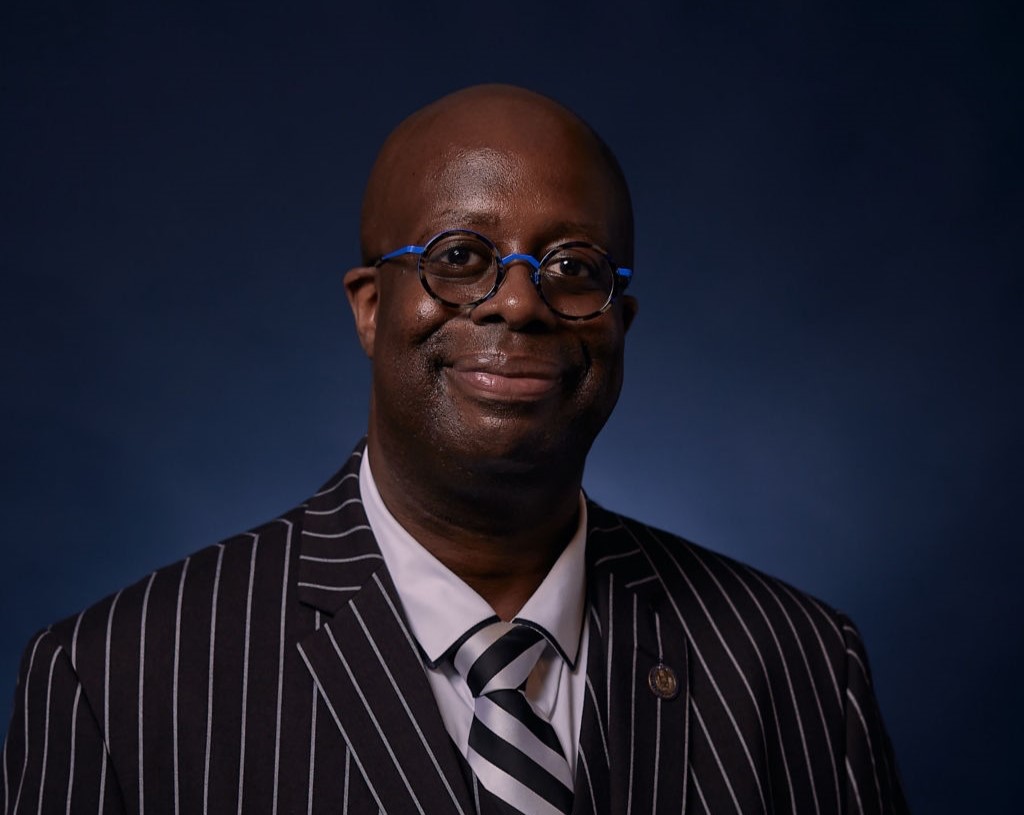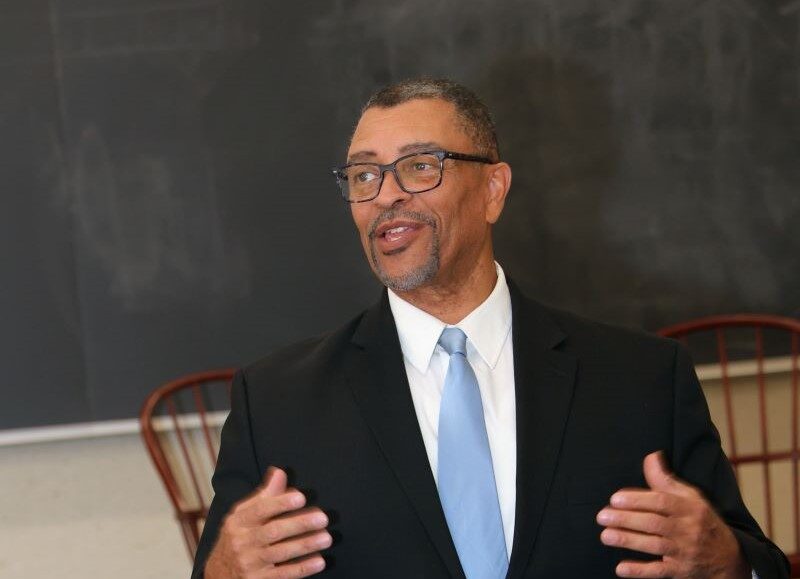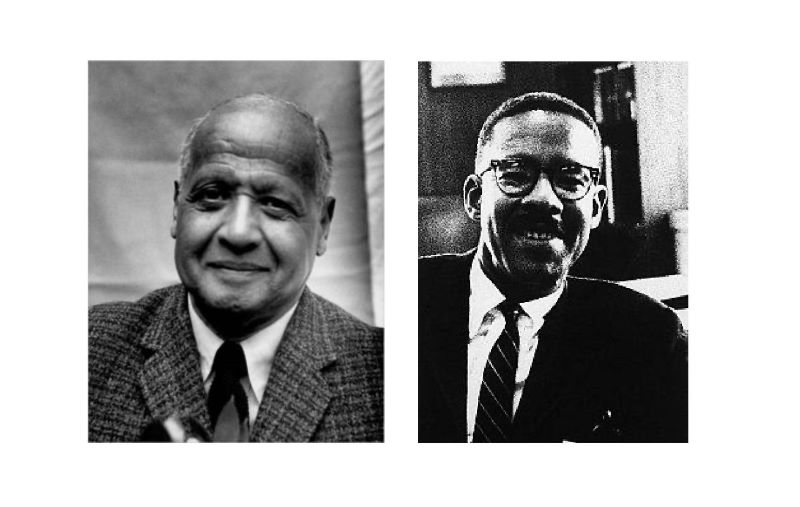Image Source: Pa.gov
The Hon. Chad Dion Lassiter, a Philadelphia native and Executive Director of the Pennsylvania Human Relations Commission (PHRC), has dedicated his life to civil rights and social justice. From his formative years in South Central Los Angeles to his academic achievements and leadership roles, Lassiter’s journey has shaped him into a voice of reason in a polarized world. In an exclusive interview, he shared his views on racial marginalization, systemic inequities, and the intersections of race and class in American politics.
The marginalization of Black communities
Lassiter’s reflections on Black marginalization reveal a deep understanding of the structural and systemic barriers that have long hindered progress. He speaks candidly about “meta-racism,” a term he uses to describe systemic oppression embedded in policies and institutions that disproportionately affect Black Americans.
“Meta-racism is systemic and structural,” Lassiter explains. “We need livable wage jobs, mental wellness support, and better opportunities for our youth.” His words paint a stark picture of communities grappling with issues like food deserts, mass incarceration, underfunded schools, and poverty. For Lassiter, addressing these challenges requires more than awareness—it demands action.
He also highlights the psychological toll of systemic racism, framing it as a public health issue. “The issue of Black intra-violence stems from internalized oppression, which reflects deeper systemic inequalities,” he observes. By reframing violence and racism as health crises, Lassiter advocates for solutions that go beyond policing, emphasizing mental health resources and community support.
When we hear about crime in the media, the focus is often on ‘Black-on-Black violence,’ but we rarely hear the same attention given to ‘white-on-white violence,’ even though the data shows similar patterns across all groups. According to FBI Uniform Crime Report data, 80-90% of white victims of violent crime are attacked by white offenders, and about 80-90% of Black victims are attacked by Black offenders.
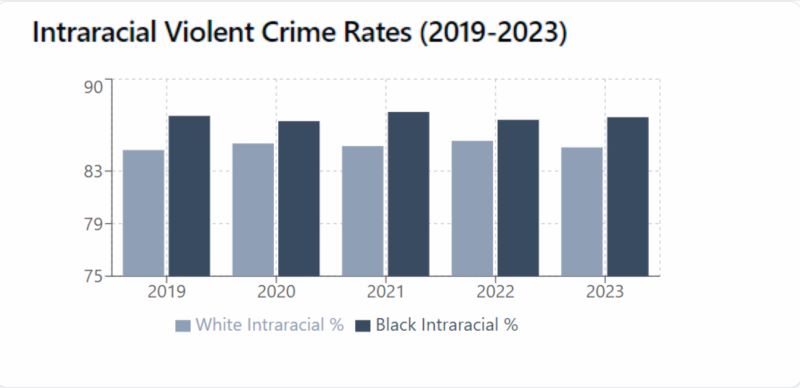
The reality is that people are most likely to be victimized by someone they live near or interact with regularly. The same dynamic applies to Asian American Pacific Islanders, Latinos, and other groups. Framing crime through a racial lens distorts the larger truth about proximity and crime while perpetuating harmful stereotypes. If we want real solutions, we must focus on addressing the root causes of violence, like poverty, trauma, and lack of opportunity, rather than reinforcing divisive narratives.
Class and race: Intersecting inequities
Lassiter challenges the oversimplified “Black-white binary” that dominates discussions about inequality. He argues that many struggles attributed solely to race are deeply rooted in class disparities, which cut across racial lines.
“There are challenges in rural Pennsylvania that mirror those in urban areas,” he notes. “Infrastructure gaps and job scarcity affect everyone.” His observations underscore the shared frustrations of communities that feel left behind, whether in Philadelphia’s neighborhoods or Pennsylvania’s rural counties.
Lassiter’s ability to articulate these overlapping issues extends to his views on political alienation. “Not everyone who voted for President Trump is racist,” he says. “Many felt abandoned by the Democratic Party and supported Trump for economic reasons.” By addressing these economic grievances, Lassiter reframes the conversation, inviting diverse perspectives into the dialogue.
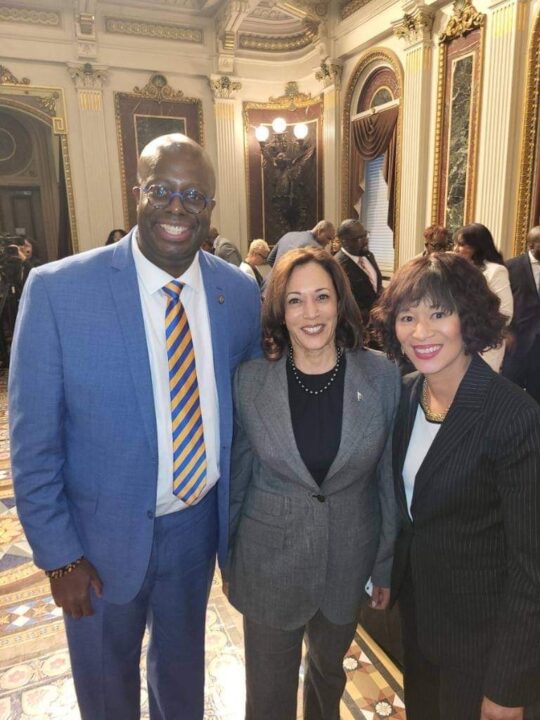
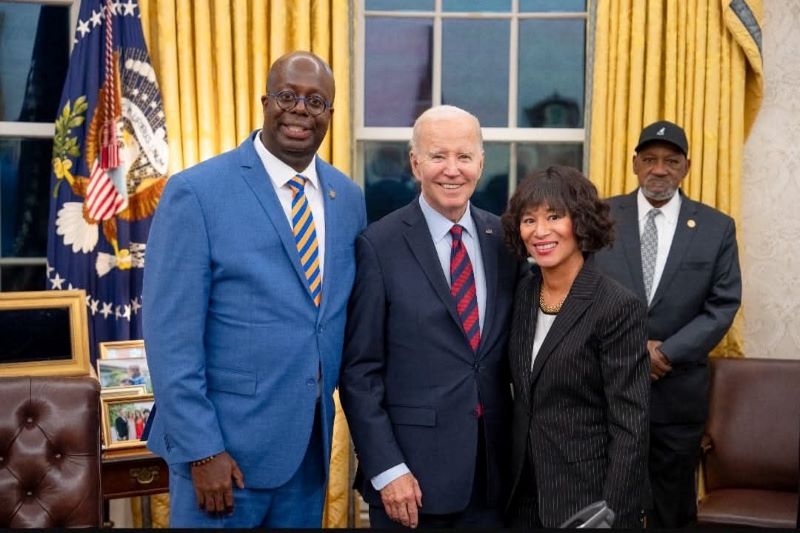
Civil rights in action: The role of the PHRC
As the Executive Director of PHRC, Lassiter leads the state’s premier civil rights enforcement agency. Covering all 67 counties in Pennsylvania, the PHRC investigates complaints of discrimination in housing, education, employment, and public accommodations. It also provides training on anti-racism, unconscious bias, and civil rights.
“Our mission is to ensure that all citizens in the Commonwealth live, learn, and work free from unlawful discrimination,” Lassiter explains. The agency’s impact extends beyond investigations, fostering partnerships with grassroots organizations to address systemic inequities.
One of PHRC’s flagship initiatives is the “No Hate in Our State” town hall series. These open-minded, welcoming events bring together community members to address hate crimes and white nationalism. Reflecting on a pivotal moment during one of these town halls, Lassiter recalls allowing a self-identified Ku Klux Klan member to speak. “We have to see his humanity,” he says. “Listening doesn’t mean agreeing, but it helps bridge divides.”
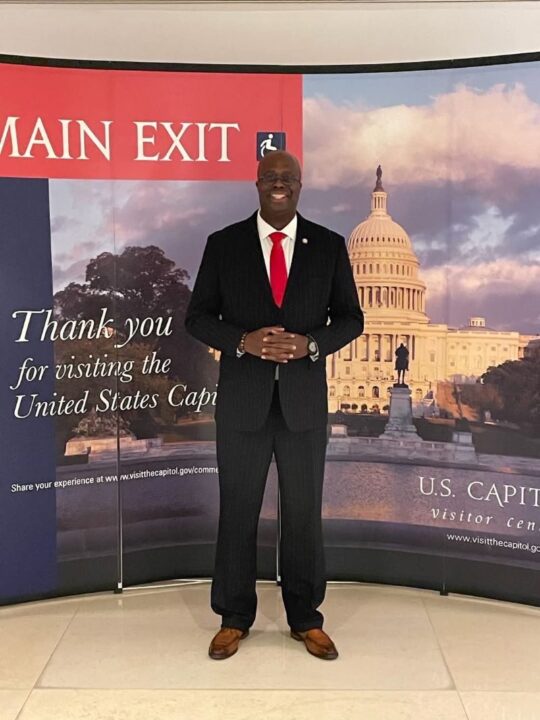
Empowering the Black community
While Lassiter critiques systemic racism, he also celebrates the resilience and strength of Black communities. From grassroots organizations to cultural institutions, he highlights the pillars of empowerment that have sustained progress.
“The Black church is alive and well,” he says. “The African and Caribbean immigrant communities are in need of greater support, and we must see them from a strength-based perspective.” Lassiter underscores the importance of mentoring programs, trade education, and youth engagement as tools for building a brighter future.
He also addresses the psychological impact of white supremacy on self-perception. “Growing up, I hated my skin color, my big lips, and my bubbled yes,” he reflects. “It wasn’t from my community; it was the hate that hate produced.” His personal journey serves as a testament to the power of reclaiming identity and celebrating cultural pride.
Perspectives that resonate across political divides
Lassiter’s nuanced approach to political dialogue makes his insights accessible to audiences across the spectrum. By acknowledging the economic concerns of Trump voters, he fosters a conversation rooted in shared humanity rather than division.
“Classism is often at the root of many struggles, not just racism,” he says. “People want to feel heard and supported.” His emphasis on unity challenges the polarized narratives that dominate political discourse, encouraging mutual understanding and collaboration.
Self-care in the fight for justice
Lassiter is open about the personal toll of his work and the importance of self-care. He relies on therapy, spirituality, and community to maintain balance while addressing the demanding nature of his role. My wife, who is my soulmate, is a very empathetic listener and has taught me work-life balance in moments of chaos.
“I check in with my therapist quarterly to address racial fatigue and racial trauma,” he shares candidly. “Developing the 3 S’s—spiritual support system, sacrifice+ suffering= success—keeps me grounded.” His focus on wellness is a reminder of the need for resilience in the pursuit of justice.

A vision for the future
Lassiter’s vision for progress combines systemic change with grassroots advocacy. He calls for investment in education, equitable job opportunities, and initiatives that foster belonging and inclusion.
“We need to unify, mobilize, and organize our efforts,” he says. “Those in power must use their privilege to alleviate the suffering of others.”
His approach, rooted in empathy and action, offers a roadmap for addressing the complex and intertwined challenges of race, class, and systemic inequality.
Join the conversation
The Hon. Chad Dion Lassiter’s insights challenge us to think critically about race, class, and unity in America. What are your thoughts on his vision for a more equitable society? How can communities work together to address systemic injustices while fostering dialogue across divides? Share your perspectives below.

Dr. Eric John Nzeribe is the Publisher of FunTimes Magazine and has a demonstrated history of working in the publishing industry since 1992. His interests include using data to understand and solve social issues, narrative stories, digital marketing, community engagement, and online/print journalism features. Dr. Nzeribe is a social media and communication professional with certificates in Digital Media for Social Impact from the University of Pennsylvania, Digital Strategies for Business: Leading the Next-Generation Enterprise from Columbia University, and a Master of Science (MS) in Publication Management from Drexel University and a Doctorate in Business Administration from Temple University.

